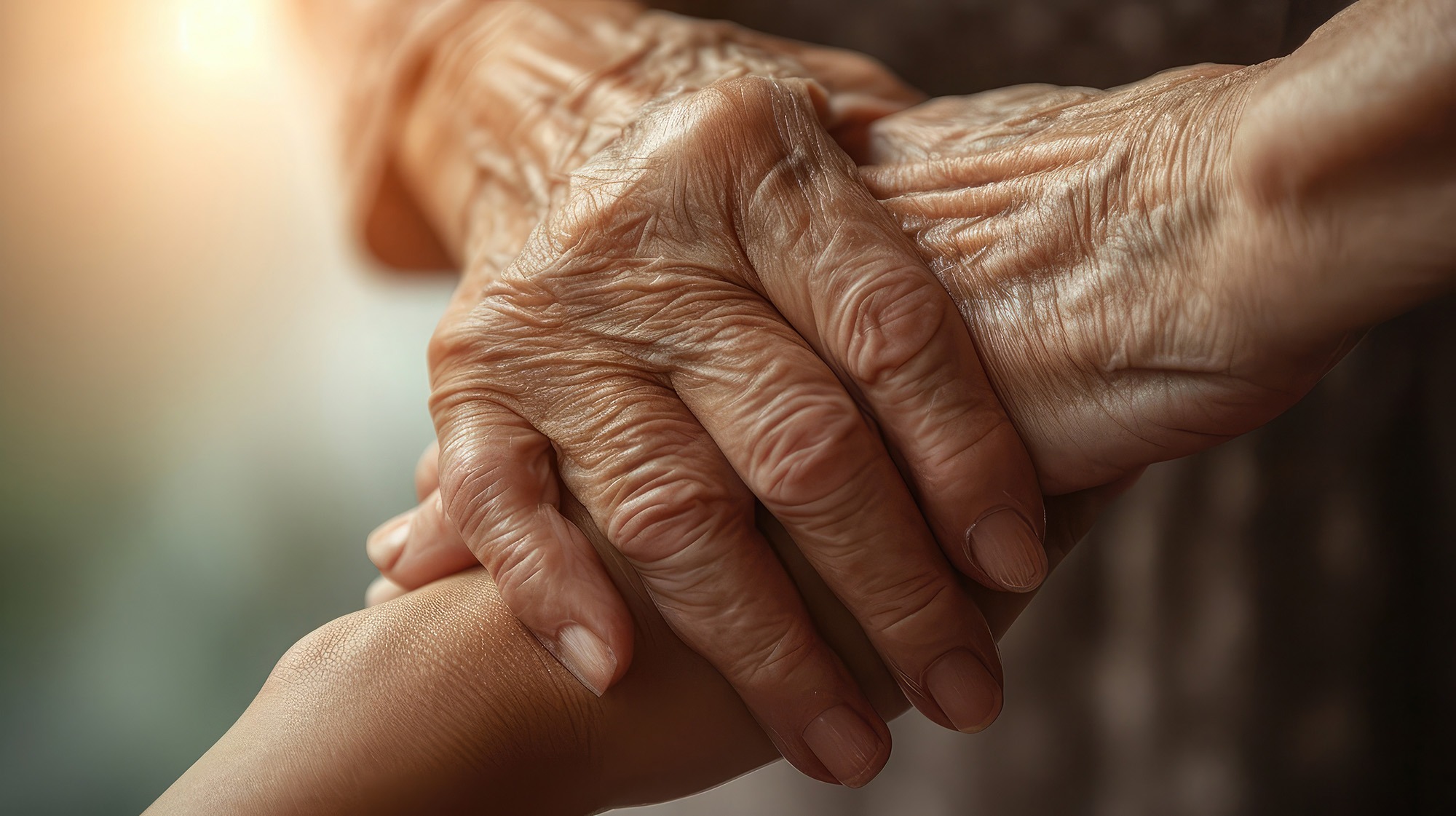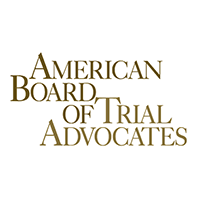Love With No Place to Go

I remember being tired from prepping for the deposition the night before in conjunction with waking up with the baby. I was amid the beginning (and exhausting) part of life. Mothering and lawyering were taking all of my energy in a given day—and then some. I remember stopping at my neighborhood Starbucks for a double espresso before heading in. While waiting in the drive-through line, I received a call that would change my life.
My sister told me that my youngest brother was in the hospital with a self-inflicted gunshot wound. He was 21. He would die later that day, and the moments of that day are indelibly inked in my mind. The trauma, the tragedy, and the loss are a part of me now, nearly twenty years later.
I know the way that a sudden and out-of-order loss changes a person. I know the way the colors can lose their hue and the way smells can bring back memories of hospitals, phone calls and the cries of loved ones. While death and loss are a part of life—as is often said—there is a special tragedy for loss that is “unnecessary” or “preventable”. The questions we ask of “Why?” or “How could this happen?” never really go away. We just somehow learn to live despite the lack of answers.
As a lawyer, I handled a fair number of wrongful death cases prior to my brother’s loss. But in the days and weeks after his loss, I found it unbearable. I remember a young man about his age killed in a negligent auto collision, and I remember how I kept seeing my brother’s face. For a long time, these cases hit too close to home. As parents cried in the conference room over the loss of a college-aged child, I too would cry with them, or later in my office. For a long time, I tried to control the grief.
About a year after his loss, I realized that this wound in my soul also gave me the ability to relate to the tragic losses my clients suffered. It was my job to present these losses to jurors, insurers, and other lawyers. I began to see that I could now move the needle to begin the process of closure for families by conveying this honest emotion in my lawyering.
In law school, we are taught to set aside emotion and to think objectively about the issues of our cases. In that process, we lose something valuable—our human ability to empathize. After my brother’s sudden loss, my humanity came flooding back in waves of empathy, and I found myself better able to find the words to describe the loss of these tragic cases. In some small measure, by helping families find the justice they so deserved, I began to find healing myself.
I remember a case shortly thereafter where a family lost a twelve-year-old boy suddenly because of the negligence of a number of municipal, corporate, and individual actors. I was moved by the way the family lobbied to change circumstances to make the world safer after their loss. I was moved by the way they grieved and continued to love their child through loving the community and caring for it in his place. They made me see that wrongful settlements are not just about money, they are about change, healing, and grieving. I understood this through a new lens.
I’ve learned that “grief is love with no place to go.” In wrongful death cases, I see my role as a lawyer is to convey their grief to the wrongdoer and doing what I can to give it someplace to rest.






